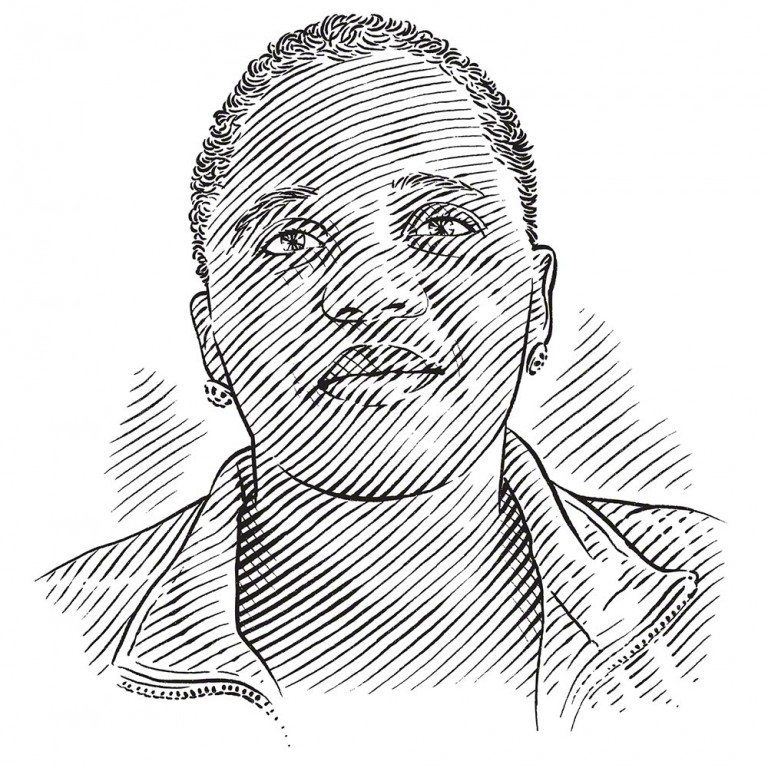Changing attitudes
Zanele Mayiya believes she has one of the best jobs in the world, and it’s one that she earned with hard work, dedication and passion.
Photo by Philippa Ehrlich
I grew up in the Eastern Cape, South Africa. Although the ocean is very close to us there, I didn’t get a chance to connect with it because of the negative things that people, including my relatives, used to say about it, especially the sharks. They would warn us that sharks like to hide buried in the sand and lie in wait to attack people. When you go to the beach, they said, a shark will swallow you and once you’re in its stomach you will find more dangerous animals, like big snakes, and they will kill you.
I started to work for the Save Our Seas Foundation (SOSF) in March 2008 as a housekeeper and in the shop, and at that time I had no idea about the ocean and its creatures. In June 2009 I got an opportunity to join Alison Kock on the research boat to Seal Island, where I saw great whites for the first time. Those sharks were so huge and beautiful, swimming around the boat – I’ll never forget it. After that trip I started reading books from the Shark Education Centre’s shop, looking for more information about the different shark species. One that I read was End of the Line, a book that I think can change the attitude of people who are afraid of sharks or have a negative view of them.
In 2010 I started to help Lesley Rochat, who was the centre’s educator at the time, with school groups. By helping her I was trying to open up a way for me to tell young South Africans about what I had seen at Seal Island. While I was looking for information about sharks, I discovered that some of the books featured other animals, like starfish and anemones. Luckily, while I was helping with the school groups one day, the SOSF’s former CEOs Georgina Wiersma and Peter Verhoog were visiting the centre. That morning educator Paul Millar and I were exploring the rock pools across the road with the children when Peter and Georgina came along to take photos. Peter listened as I was telling one of the little girls about a starfish – and that’s when they ‘discovered’ me. At the beginning of 2012 I started to listen to Paul’s talks and they inspired me. After about the fourth talk, each presented to a different age group, I said to myself, ‘This is what I want to do.’
SOSF Shark Education Centre
Ideally situated at the edge of False Bay in Cape Town, South Africa, the Save Our Seas Shark Education Centre overlooks the ocean and is right on the doorstep of the incredible Dalebrook Marine Protected Area. This unique location enables us to immerse children in experientially focused educational activities.
The SOSF Shark Education Centre is an attraction not to be missed. It boasts a carefully selected collection of state-of-the-art exhibits that ensures that children and adults are able to learn through play and exploration, with each of their different senses engaged. This facilitates a truly immersive and stimulating educational experience while they are having fun.
The Shark Education Centre focuses mostly on sharks, from their diversity and anatomy to their habitats and their role in the ocean. However, there is also a strong emphasis on the unique and special marine ecosystem found in and around False Bay – and sharks are used as a key to unlock more general marine knowledge.
Groups of schoolchildren come through the centre and leave feeling inspired to care about sharks and their ocean habitats. But the centre does not only cater for visiting schools; there are outreach events, holiday clubs, marine awareness camps, marine explorers clubs and many other activities.
The Shark Education Centre also invites the general public to explore its displays. Ultimately, our goal is to ensure that our marine education and conservation messages are spread far and wide.
